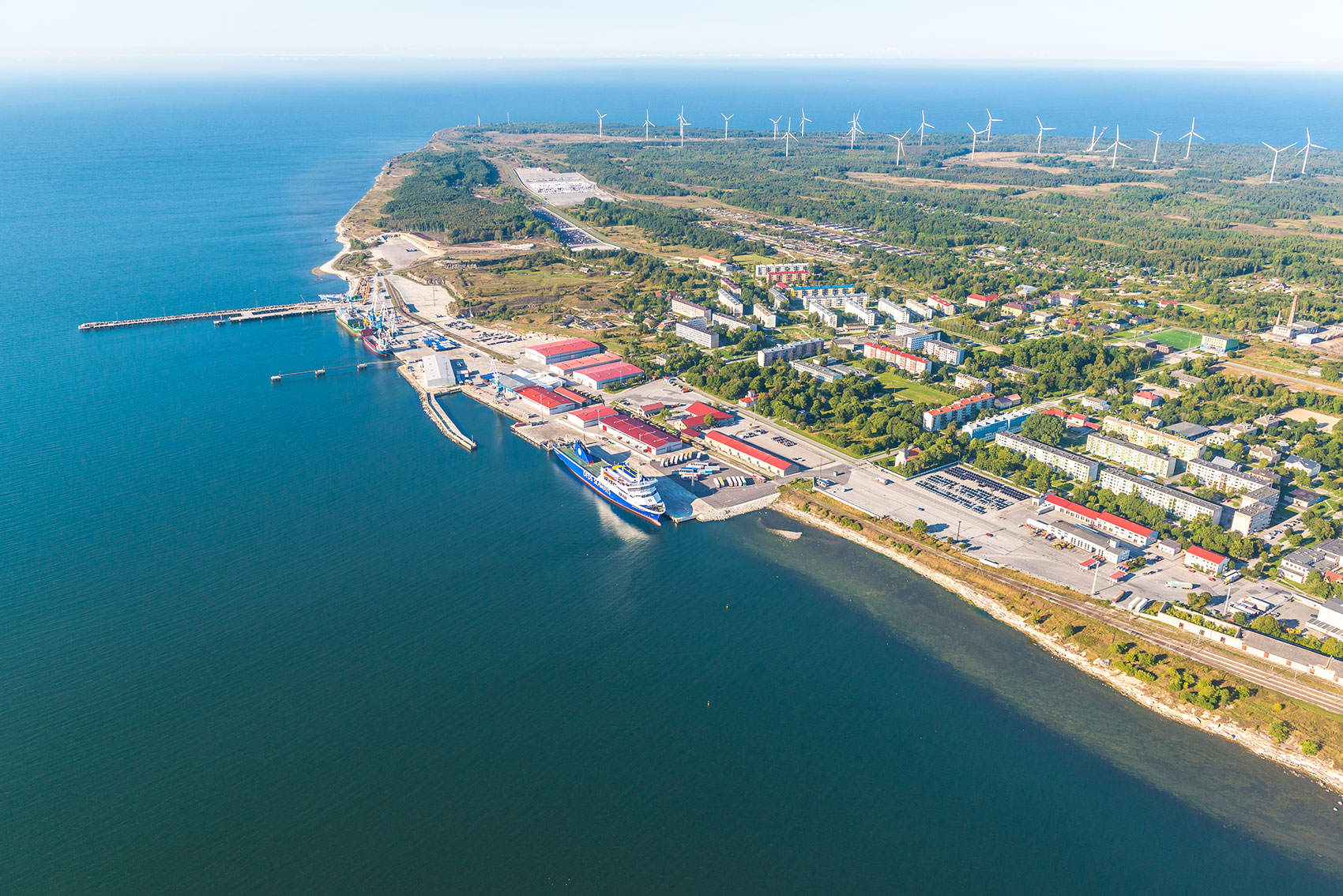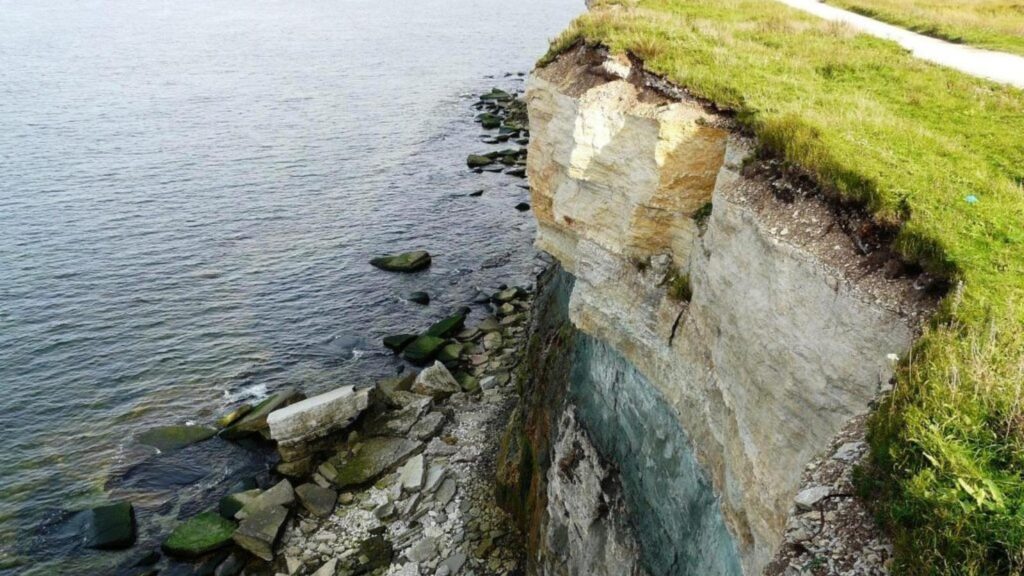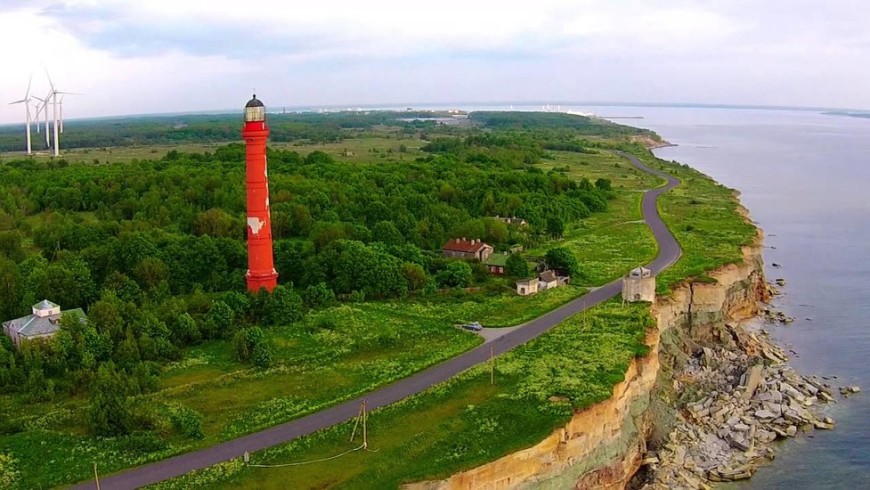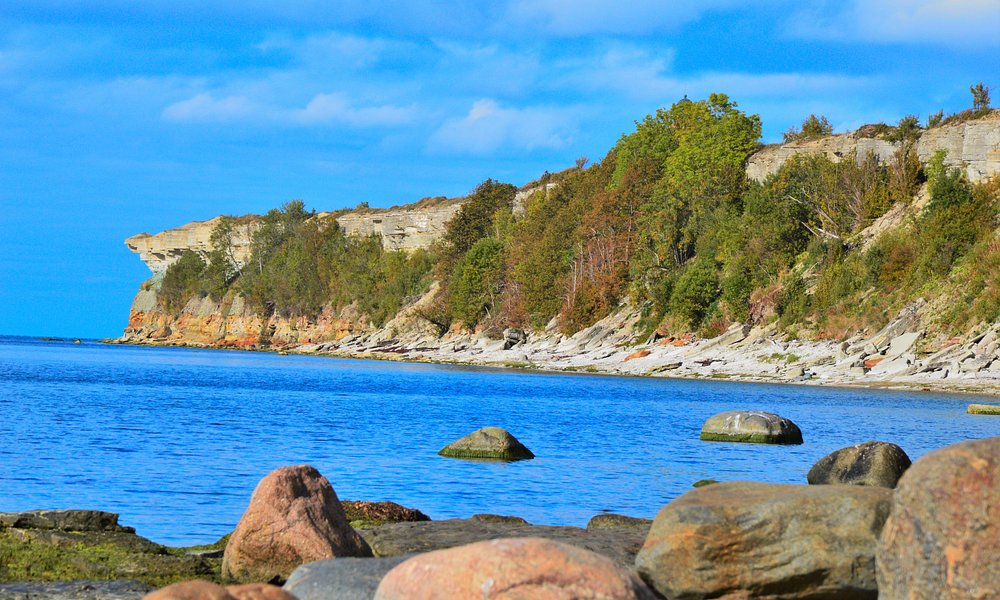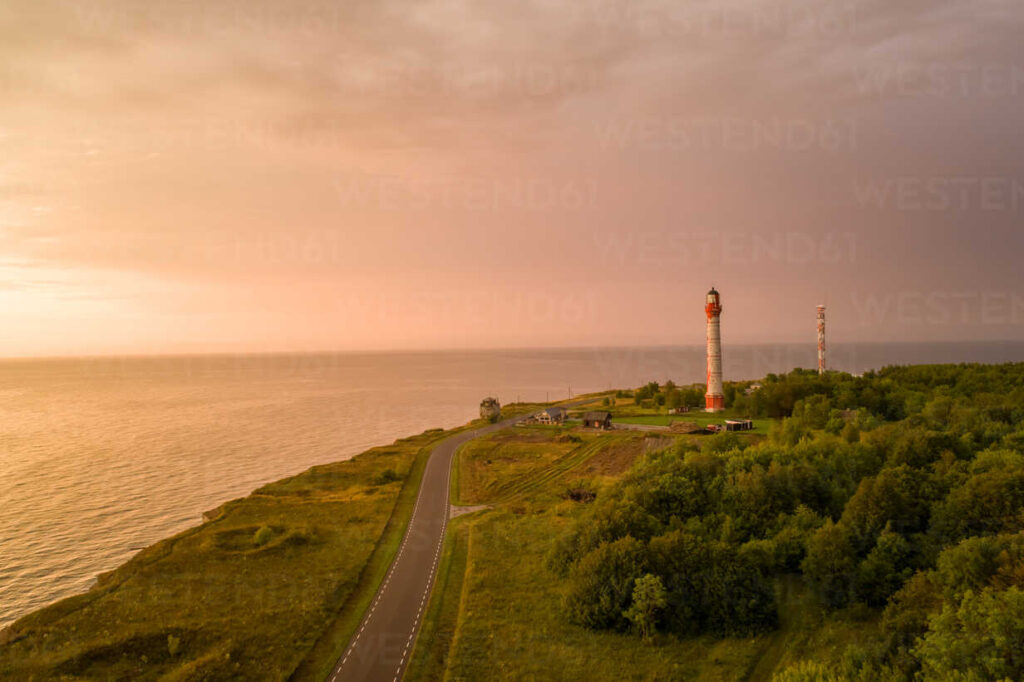Paldiski is a town and Baltic Sea port situated on the Pakri peninsula of northwestern Estonia. Since 2017, it’s the administrative centre of Lääne-Harju Parish of Harju County. Previously a village of Estonia-Swedes known by the historical name Rågervik, it was extended into a Russian naval base in the 18th century.
The Russian authorities renamed it Балтийский Порт (“Baltiyskiy Port”, i.e., Baltic Port, German: Baltisch-Port) in 1762. In written Estonian, the name was spelled Baltiski until 1933, when the phonetically spelled version Paldiski became official.
Education and community
Paldiski has two schools: Paldiski Gümnaasium and Vene Gümnaasium (Russian Gymnasium).
In addition, there is a private pre-school facility, called Paladski Beebi Maja.
There are several churches in town. The Estonian Evangelical Lutheran Church is dedicated to St Nicholas. Although closed for some years, this church has now reopened, with services held every Sunday at lunchtime. There are also a Pentecostal church, a Methodist church, and an Orthodox church.
Transport
Paldiski has a terminus station on the Elron rail line, providing a convenient link to the capital city. As part of the town’s redevelopment, this once near-derelict station has been renovated and painted in bright yellow and white colours.
A great deal of investment has been put into the two ports and their facilities with a number of new berths having been created. From Paldiski Southern Port, Transfennica runs a number of ships to the port from Hanko (Finland) and Lübeck (Germany). From Paldiski Northern Port, DFDS runs a six-roundtrip operation to Kapellskär (Sweden) for passengers, and a Cargo and Navirail operation to and from Hanko (Finland).
The old Soviet ‘Pentagon’ building has been demolished at some point between 2006 and 2009 to make way for a large and modern logistics park.
Energy
The Pakri wind farm is located in Paldiski at the tip of the Pakri peninsula near the old lighthouse. It consists of eight wind turbines of type Nordex N-90, and generates 18.4 MW of clean electricity, when the wind matches the parametres of the turbines.
Since 2007 Pakri Smart Industrial City is developing a 75MW renewable power network, which combined with its own Pakri Smart Grid enables total control of energy prices.
Construction of a receiving LNG terminal near the town is considered.
Estonia’s long-term plans for nuclear power envisage the adjacent Pakri Islands as a potential site for the country’s first power plant.
